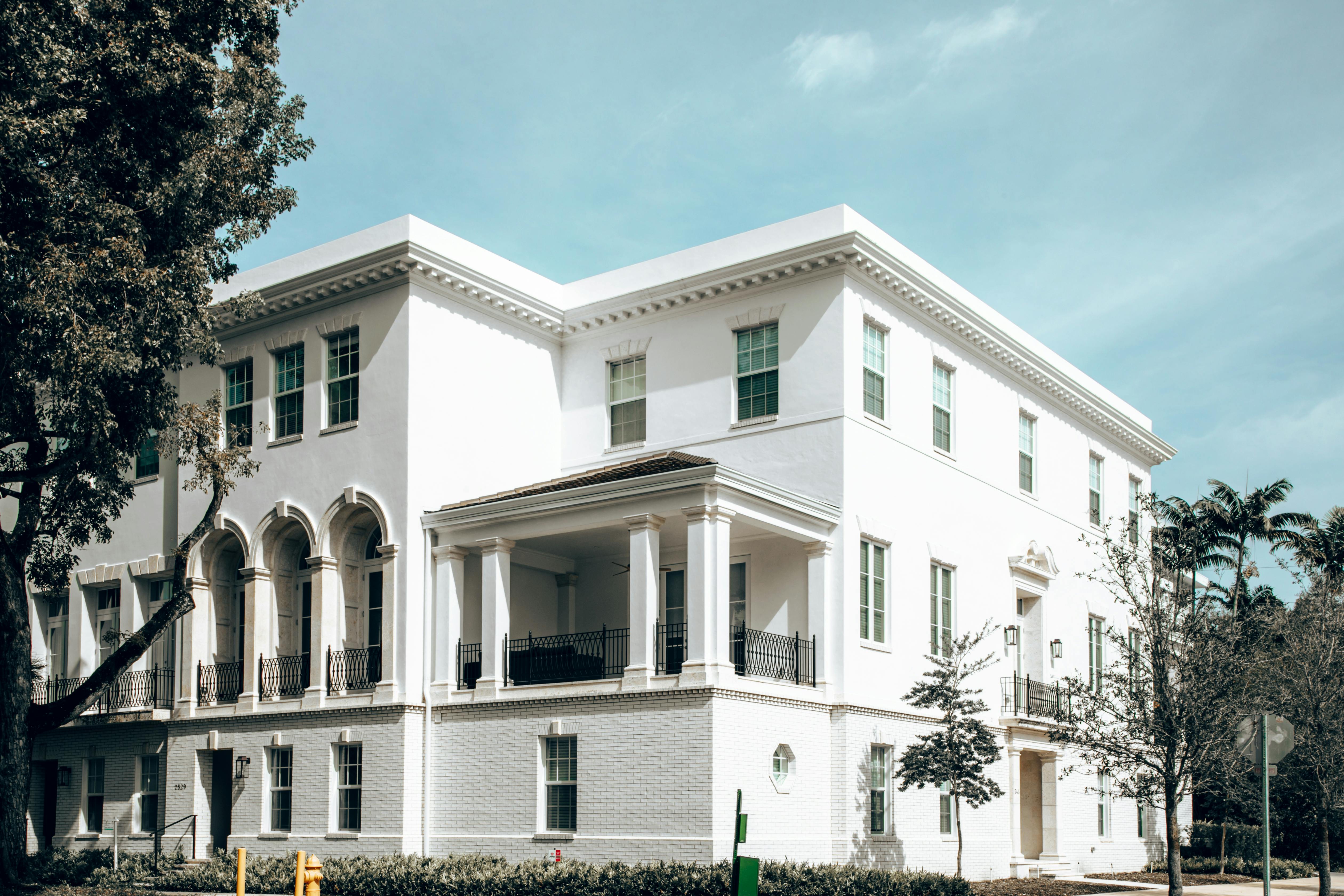Owning your own restaurant can be the opportunity of a lifetime. A restaurant business is also an intense insurance risk. A realistic plan to reduce your risk along with insurance protection can help keep your dream a safe investment.
kitchen fires- Prevention is your best safeguard! Make sure you have the proper fire suppression systems in place and maintained. Insurance companies generally require that your heat-producing cooking equipment, particularly sources of fat (deep fryers, grills, ranges), have a fire suppression system and an overhead vent hood. In addition, the management of fat in the kitchen is very important. Grease presents a high risk of both starting a fire and fueling a fire started from another source. Note: As of January 1, 2008, the Texas Insurance Code requires commercial kitchen areas to be protected by a UL 300 wet foam system. A dry chemical system is now considered obsolete and code inspectors firefighters will “red tag” it. This new higher standard has evolved due to the use of new hotter frying oils in food preparation. Only a wet foam system has the ability to cool a fire enough to prevent these cooking oils from re-igniting.
electric fire – After a cooking or grease fire, overloaded or malfunctioning electrical equipment is a particular risk for restaurants. Austin had three restaurants burned to the ground due to power failures in 2006 (Chili’s on Stassney, East Austin’s Berts BBQ, and a Chinese buffet). In particular, I look for electrical problems in kitchens when doing a field inspection of a food service prospect. I often see makeshift electrical wiring, worn appliances, and overloaded circuits. There is no good reason to take these risks.
Slip and Fall Lawsuits – While a customer slip and fall is a risk for any business open to the public, restaurants are particularly at risk due to the high number of customer visits and the added danger of food spills. General liability insurance protection is critical to your risk to the public. One of our restaurant customers was sued after a customer tripped over a pothole in the parking lot in 2006. Walk around your business location and look for any uneven walking surfaces or other hazards in your public space that could cause a person trips and falls. If possible, eliminate these hazards and mark potential tripping hazards that cannot be eliminated. Protect stairs with strong handrails. Potential food spills need a response plan and a team ready. Make sure your employees and managers on duty know how important it is to the safety of your guests (and your financial security) to promptly clean up any spills.
Food Related Lawsuits – Restaurant owners can be sued if a customer becomes ill after eating and contracts a foodborne illness. Safe food handling is a top priority for any restaurant. As an example, in 2008, many patrons of a Minnesota cafe became ill with salmonella after eating a garnish of raw jalapeno peppers. There are no shortcuts to safe food handling. Know your sources of food products. Keep your food inventory fresh by sensibly ordering and discarding any food that is nearing its expiration date. Keep your food preparation areas clean and free of contamination.
Liquor Liability – If you serve beer, wine, or other liquor, make sure you are protected against lawsuits resulting from alcohol-related incidents. Don’t risk your Liquor License or a lawsuit by serving underage or drunk customers. Have your liquor servers TABC (Texas Alcoholic Beverage Commission) certified and enforce TABC rules. Beer and wine can be a major profit center for your restaurant business with the right practices. Be sure to include alcoholic beverage liability coverage in your insurance policy.
property risks – Operating a restaurant often includes considerable equipment, building improvements, and food stocks. Adequate property insurance protection is critical and may also be required by your lease. Visualize what it would take to restore your restaurant after a major fire. Be sure to include lease improvements to restore your space, kitchen equipment and built-ins, dishes, and food supplies.
Employee Injury Lawsuits – A food establishment is very much a people-driven business. Your hired help is your greatest asset and one of your greatest lawsuit risks. Food preparation has some inherent dangers of employee injury. Minimize kitchen hazards with proper training and safety devices. Another typical employee injury in food service establishments is slip and falls. Workers’ Compensation Insurance is critical liability protection for any employer. The added risks of working in a restaurant environment increase the need for this protection. Risk reduction is also an important strategy.
conclusion Prevention is your best insurance in the restaurant business! Understand the special risks you have as a restaurant owner and do what you can to reduce them. Shop for the right business insurance protection to help make your food service business a safer investment. For help on restaurant insurance, link: http://www.quoteaustininsurance.com/Restaurants
